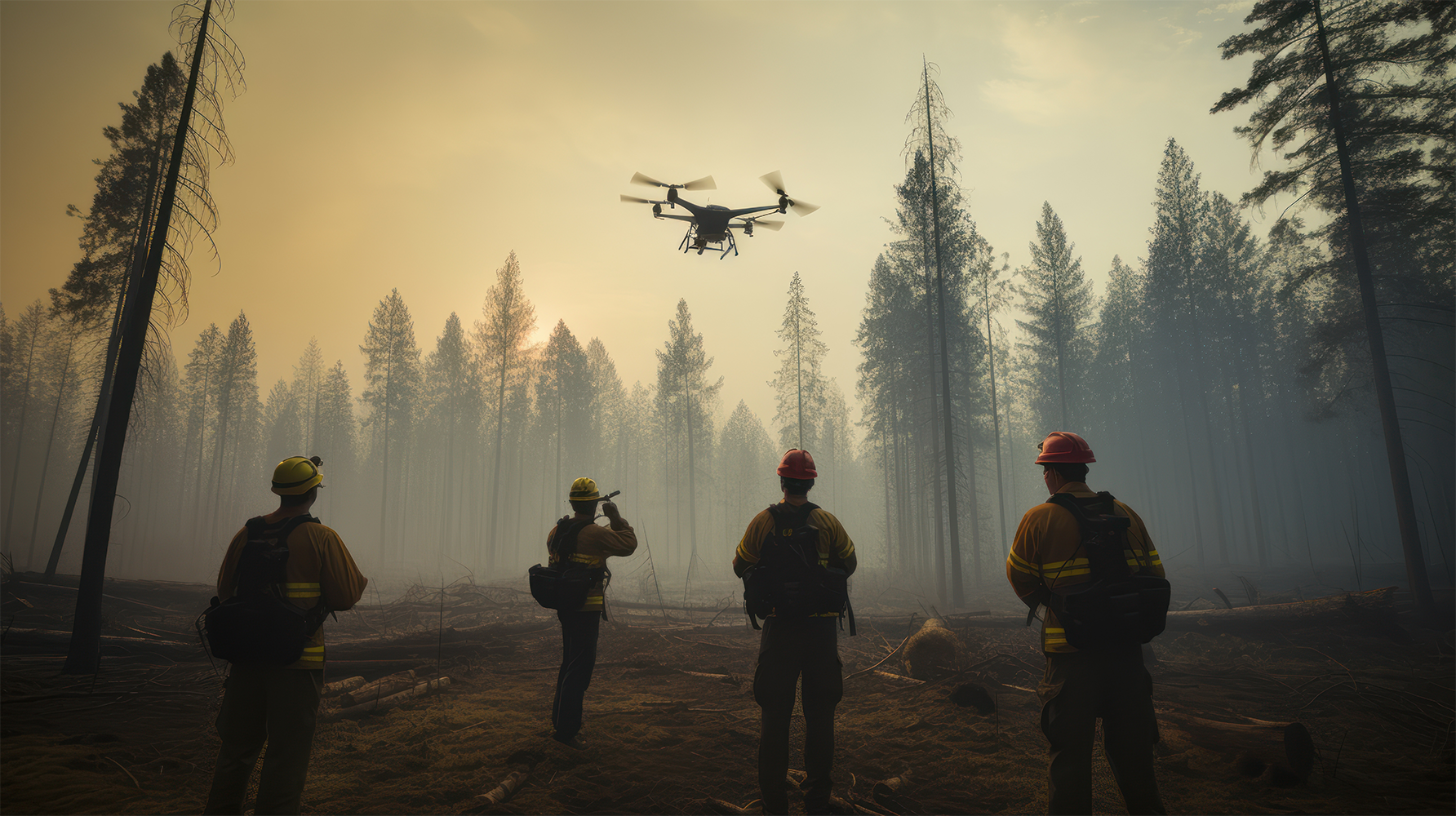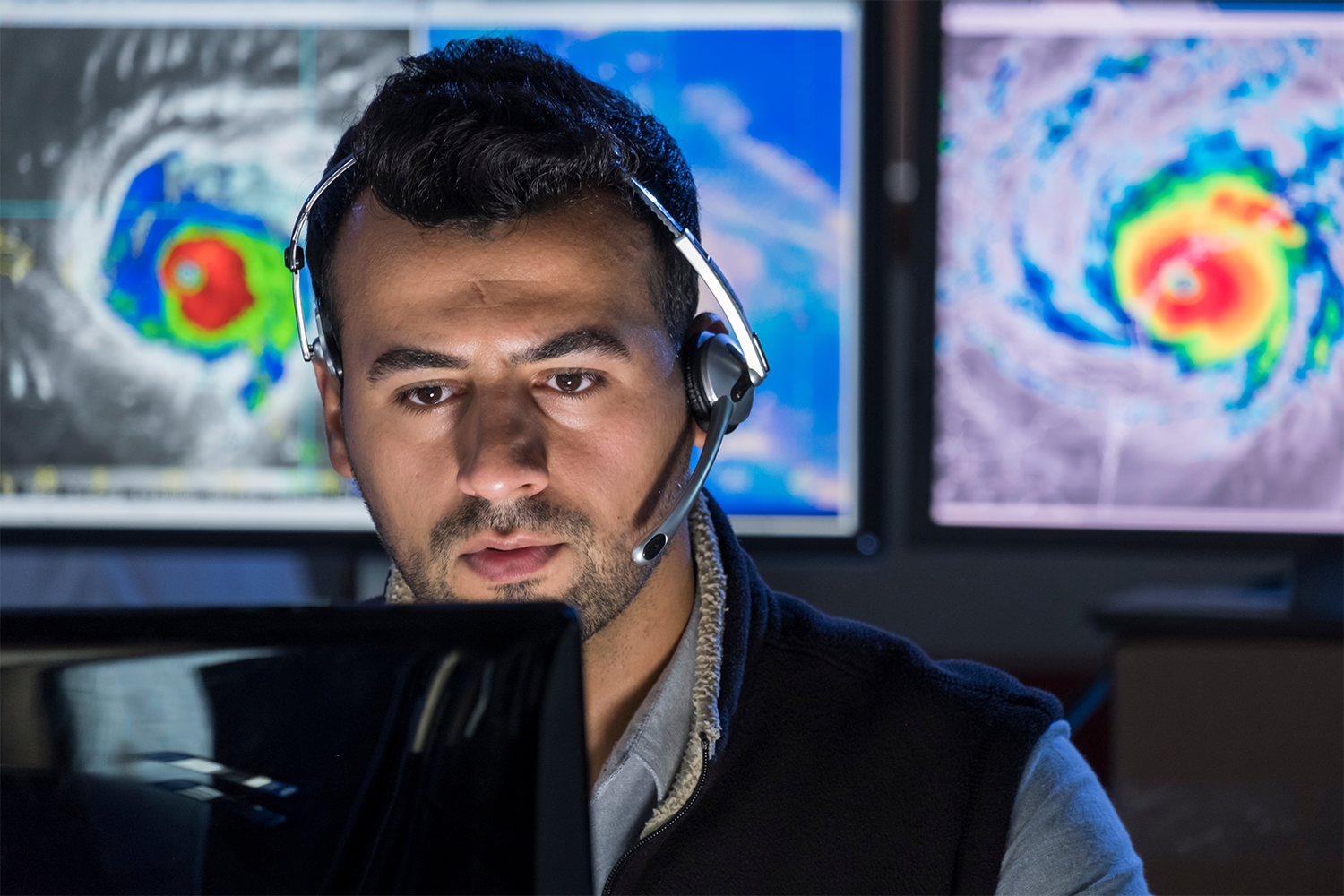Most everyone knows the story of Apollo 13, the space craft which, on April 13, 1970, suffered catastrophic damage by a burst oxygen tank two days after leaving Earth’s surface. The three crew members, along with support from their ground team, allowed for a successful return, averting what everyone thought would surely be a fatal mission. The blockbuster movie, starring Tom Hanks, showed what being in the middle of that potential disaster may have been like. As big of a hit as that movie was, have you ever thought about what it could teach us about operating in an emergency situation?
No matter how charmed of a life you lead, things will inevitably go wrong occasionally. Whether you wore unmatched socks to work this morning or ended up in the middle of a hurricane, somewhere throughout your day, something went wrong and now you have to deal with it. In truth, the majority of us will never have the opportunity to venture into space. It is even less likely that we will venture into the final frontier and also encounter an emergency at the same level of Apollo 13’s. That being said, there are still a few things to take away from the Apollo 13 mission and store in the “in case of emergency” portion of your brain.
Lesson 1: Remain Calm
Stay calm and try to identify the problem methodically. Once you have done that, it’s time to prioritize and execute. As Gene Kranz put it, “One at a time, people. One at a time. One at a time. ECOM, is this an instrumentation problem or are we looking at real power loss here?” Identify the issue and take steps to improve your situation.
Lesson 2: Seek Help
Whatever the emergency is, you may not be able to deal with it yourself. In such situations, don’t be afraid to enlist the assistance of others. Jim Lovell’s famous “Houston, we have a problem,” was his call for help. Each of us have our specific strengths. Recognize the strengths of those around you and enlist their help when needed.
Lesson 3: Be Flexible
Remember that, when an emergency or unplanned situation does come along, whatever you thought your plans were for the day are now sidetracked. “Gentlemen, I want you all to forget the Flight Plan. From this moment on we are improvising a new mission.” This statement may mean that you will need to stay flexible. “Well, unfortunately, we’re not landing on the Moon, are we? I don’t care what anything was designed to do. I care about what it can do. So let’s get to work.” In brief, the idea being relayed was to avoid creating your own obstacles. Rather, approach everything with an open mind and creativity.
Lesson 4: Be Prepared
Remember to keep some kind of emergency equipment on hand and train with it. Having the proper equipment available, and knowing how to use it, could make all the difference. In the Apollo 13 film, engineers were trying to re-engineer oxygen filters, stating, “We gotta find a way to make this fit into the hole for this, using nothing but that.” Being prepared does not mean that you have to keep a full “bugout bag” in your office, car, and home, but it never hurts to have a few of the little things readily available such as a flashlight and some bottled water.
Lesson 5: Stay Positive
Attitude can change everything. As the NASA Director stated in the film, “This could be the worst disaster NASA’s ever faced.” Gene Kranz replied, “With all due respect, sir, I believe this is gonna be our finest hour.” It may sound a little cheesy, but remember that with every emergency situation comes a chance to learn and grow. As author Jocko Willink says, “It is the grind that sharpens the axe.” This also includes training and exercising emergency plans and situations. If you are faced with an emergency or situation that you have dealt with during an exercise, then you will be better prepared to manage it.
Since the Apollo 13 incident, NASA has taken dramatic steps to ensure their astronauts are better prepared than ever. They have contingency plans in place for incidents they never would’ve thought of before because, in reality, the most likely emergency is the one you never see coming. You may not have a whole ground team comprised of the best and brightest at your disposal when your “Houston, we have a problem” moment occurs. However, there are other resources available to help educate and ensure that you are better prepared. Be it environmental, man-made, natural, or anything else, know what hazards you could face and prepare for them—today.



